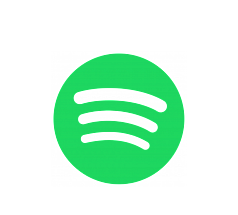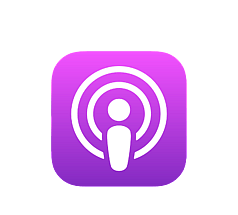Professor Dirk Philipsen
This week on the Bountifull Podcast, we’re joined by Dirk Philipsen, Duke professor, economic historian, and one of the world’s leading thinkers on capitalism and well-being. In a world where burnout, inequality, and the pressure to grow at all costs feel ever-present, this conversation gives voice to so many of the questions we quietly carry—but don’t always have the words for.
Together, we explore what capitalism really is—beyond just markets and money—and how it subtly shapes our relationships, our work, our sense of self, and our definition of success. Dirk offers a thoughtful, grounded lens on how we got here, why the system demands constant growth, and how we can begin to imagine and live into something more bountiful.
If you’ve ever felt worn down by the grind or wondered whether there’s another way to measure meaning, this episode offers radical hope, practical insight, and a reminder that a better future is possible—even within the system we live in now.
Guest Bio:
Dirk Philipsen teaches economic history at Duke University’s Sanford School of Public Policy and the Duke History Department. He also serves as Senior Fellow at the Kenan Institute for Ethics, director of the Regenerative Futures Lab, and founding associate of the Wellbeing Economy Alliance.
Dirk’s work focuses on the intersection of history, economics, and ethics, with a passion for making complex ideas accessible. His book The Little Big Number critiques GDP as a measure of progress and explores how we can shift toward systems that prioritise people and planet. As a teacher, writer, and thought leader, Dirk is committed to helping us understand the structures we live in—and empowering us to imagine something better.
In This Episode, You’ll Discover:
📚 What Capitalism Actually Is – Dirk breaks down the origins of capitalism, why it depends on endless growth, and how it became the dominant system shaping our world.
🧠 How Capitalism Impacts Well-Being – From loneliness to burnout to housing insecurity, Dirk explains the subtle and not-so-subtle ways our economic system affects our health and relationships.
💬 Why GDP Is a Terrible Measure of Success – A closer look at Dirk’s book The Little Big Number and why GDP rewards destruction but ignores care, joy, and community.
🌱 What It Means to Thrive – How we can move beyond survival and into dignity, security, and contribution—not just individually, but as a collective.
📊 Alternative Models and Practical Ideas – From 15-minute cities to public goods, Dirk shares real-world examples of systems that prioritise well-being over profit.
💛 How to Align Your Life with Your Values – Tips on redefining success, spending intentionally, and reconnecting with what really matters.
🌍 Radical Hope and the Possibility of a Post-Capitalist Future – Why abundance isn’t about having more—it’s about sharing more, caring more, and reimagining what we’re here for.
Timestamps:
00:00 – Introduction to Dirk and the problem with capitalism’s speed and scarcity
03:00 – Dirk’s upbringing in Germany and his journey to Duke University
06:00 – Why he studied economics and what he found when he looked deeper
10:00 – A short history of capitalism and the role of private property
13:30 – Defining capitalism and why it depends on infinite growth
17:00 – The connection between capitalism, loneliness, and social disconnection
20:00 – What it means to live a bountiful life from a systems perspective
23:00 – Thriving as a public good, not just a personal pursuit
25:00 – Why GDP is deeply flawed and how Dirk came to write The Little Big Number
30:00 – Better alternatives: well-being indicators, public goods, and shared resources
36:00 – Cars, cities, and how capitalism structures our daily lives
39:00 – Can we live with less and still have more joy?
42:00 – How capitalism affects physical and mental health
46:00 – The quantity vs quality trap and how to measure what matters
50:00 – Is capitalism dying? What might come next?
55:00 – Personal stories: simplicity, freedom, and redefining success
60:00 – How to align your personal values with the world we live in
66:00 – The power of political participation, conversation, and community
70:00 – Radical hope: why abundance grows when we share it




